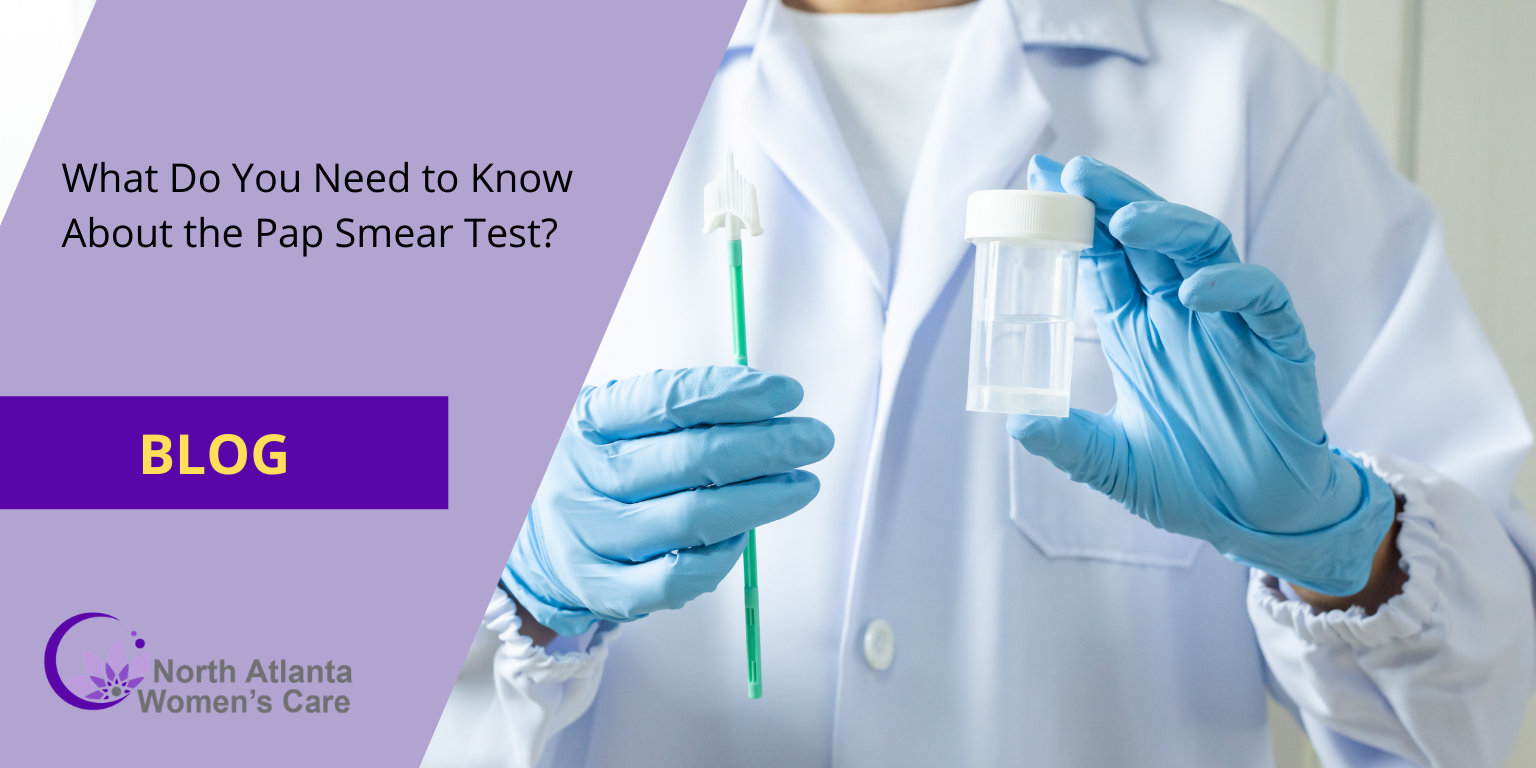What Do You Need to Know About the Pap Smear Test?

Detecting cervical cancer at an early stage with a Pap smear or Pap test increases your chances of recovery and survival. Doctors generally recommend women ages 21 to 65 to have a Pap smear test regularly.
Continue reading to learn more about the Pap smear test, who needs it, and its procedure.
What Is a Pap Smear?
A Pap smear is a screening procedure for cervical cancer in women. It detects precancerous or cancerous cells on your cervix, the opening of the uterus.
Who needs a Pap smear?
Women are recommended to get pap smears once every three years or more frequently if they have these risk factors:
- HIV infection
- A weakened immune system due to chemotherapy, an organ transplant, or chronic corticosteroid use.
- Cervical cancer or a Pap test that detected precancerous cells.
- Exposure to diethylstilbestrol (DES) before birth.
- If you have the human papillomavirus (HPV)
HPV is a sexually transmitted infection that causes warts and increases the chance of cervical cancer. Especially, HPV types 16 and 18 are the primary causes of cervical cancer. If you have HPV, you are more likely to develop cervical cancer.The HPV virus can be inactive for years and then suddenly become active. As a result, getting regular Pap smears based on your age is important, even if you haven’t been sexually inactive.
If you are 30 years old or older, it’s recommended to have a Pap test every five years if it is combined with an HPV (human papillomavirus) test.
If you are 65 years old or older and have not had abnormal Pap tests, you will not need to continue with pap smear tests.
What can You Expect With the Procedure?
A Pap smear procedure can take 10 to 20 minutes and is usually done in your doctor’s office. The procedure includes these steps:
- You will be asked to lie on your back on an examination table with your legs spread and feet resting in stirrups (supports).
- Your doctor will slowly insert a device called a speculum into your vagina to keep your vaginal walls open and get quick access to the cervix.
- Then, your doctor will gently scrape your cervix using a spatula and a brush or a cytobrush (a combination of spatula and brush) to collect sample cells.
- The sample cells are preserved and sent to the laboratory to test for abnormal cervical cells.
It is quite normal to experience mild discomfort from the scraping or cramping and light vaginal bleeding immediately after the test. Visit your doctor if the bleeding or discomfort persists long after the test.
How Accurate Are the Results?
Pap test results are very accurate, and regular screenings can reduce cervical cancer rates and mortality by at least 80%.
Two possible results of a Pap smear are:
1. Normal Pap Smear
Normal negative results indicate the absence of abnormal cells, so you won't need a Pap smear for the next three years.
2. Abnormal Pap Smear
Abnormal/positive results indicate the presence of cancerous or precancerous cells at different stages, such as:
- Carcinoma in situ
- Atypia
- Severe dysplasia
- Moderate/mild cancerous cells
Depending on your test results, your doctor may recommend:
- Frequent Pap smears
- A colposcopy procedure that helps to see vaginal and cervical tissues clearly
Are you looking for the best gynecologist near you for Pap tests, or have any related questions? Schedule an appointment with North Atlanta Women's Care.
Comments are closed

